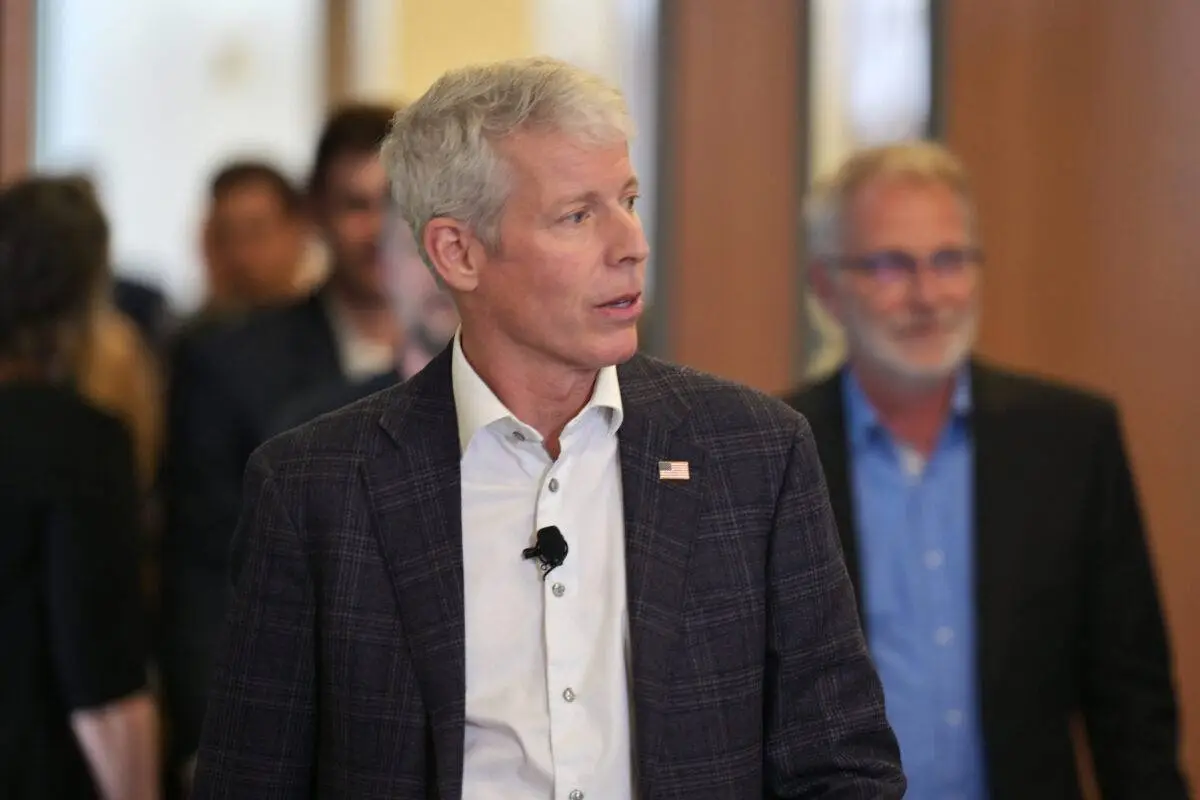In a significant diplomatic endeavor, US Energy Chief Wright initiated a crucial mission to the Middle East, aiming to strengthen energy partnerships and address pressing regional challenges. This undertaking was not merely routine; it reflected a critical intersection of geopolitical strategy and economic necessity. With energy security increasingly paramount in global discussions, Wright’s mission was positioned as a pivotal step towards fostering cooperation among nations rich in energy resources while tackling issues such as climate change and sustainable development.
During this high-stakes journey, Wright engaged with various leaders, emphasizing the importance of collaborative energy initiatives. “Energy is a universal language,” he stated, underlining the potential for shared interests to bridge divides. His discussions included the diversification of energy sources and investment in renewable technologies, which are essential for the region’s economic stability and environmental sustainability.
Wright’s approach demonstrated a keen awareness of the delicate balance between traditional fossil fuels and the urgent shift to cleaner energy alternatives. The Middle East, often characterized by intricate political dynamics, presented a unique backdrop for Wright’s mission. Countries like Saudi Arabia and the United Arab Emirates are not only major oil producers but also increasingly recognize the need to innovate in the face of climate challenges.
Wright’s conversations with these leaders revolved around the potential for joint ventures in solar and wind energy, both of which align with their long-term visions for sustainable development. “We’re not just looking for short-term solutions; we want to build a resilient energy future,” he remarked, signaling a commitment to long-lasting partnerships.
However, the mission was also fraught with challenges. The region’s history of conflict and current tensions posed significant obstacles. Wright had to navigate these complexities carefully, ensuring that discussions remained constructive and forward-looking. The role of the United States in these conversations is particularly critical, as it seeks to reaffirm its commitment to international energy cooperation amid shifting alliances and emerging competitors.
Ultimately, US Energy Chief Wright’s mission underscored the interconnectedness of energy, security, and environmental stewardship. The stakes are high, as the outcomes of these discussions could shape not only the future of energy in the Middle East but also global efforts toward sustainability.














